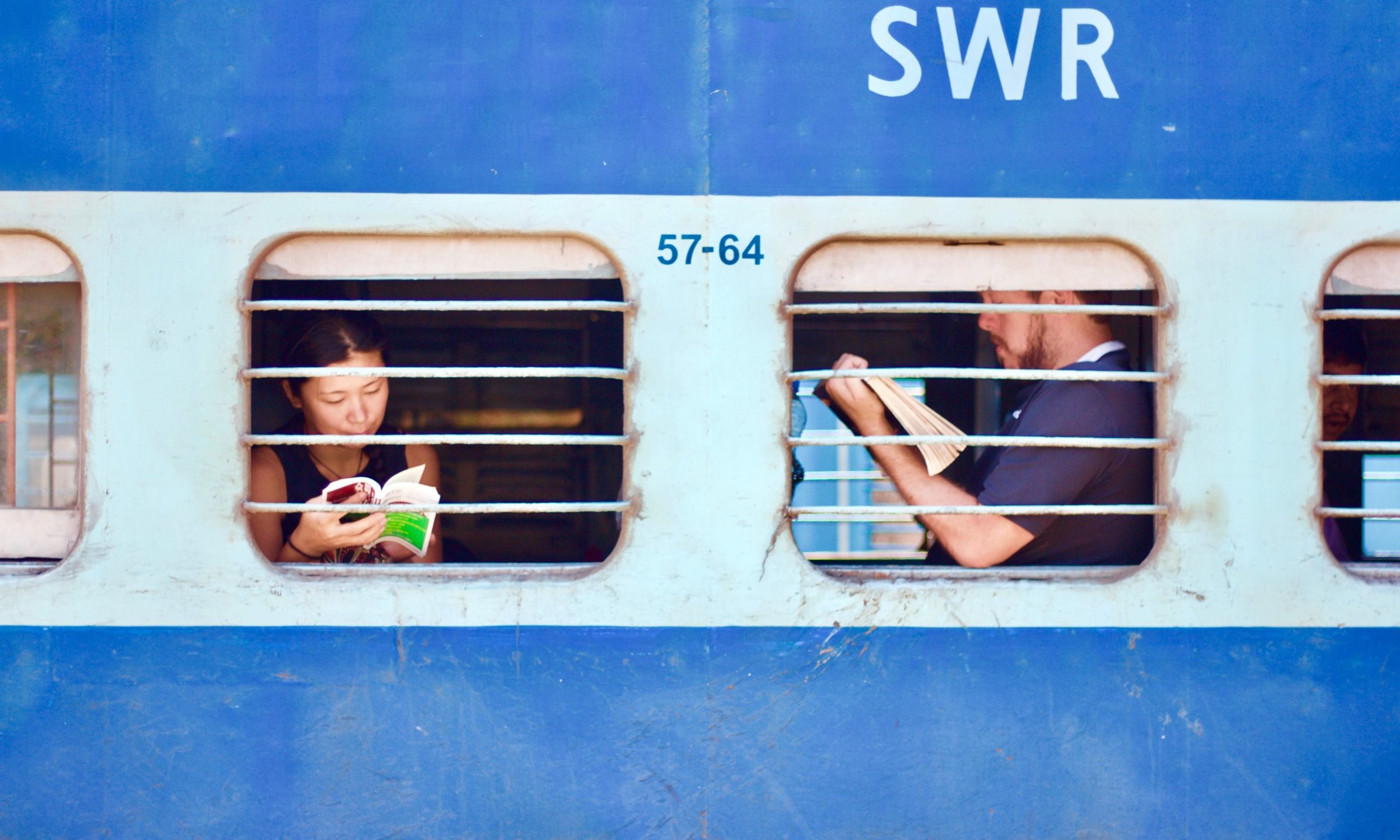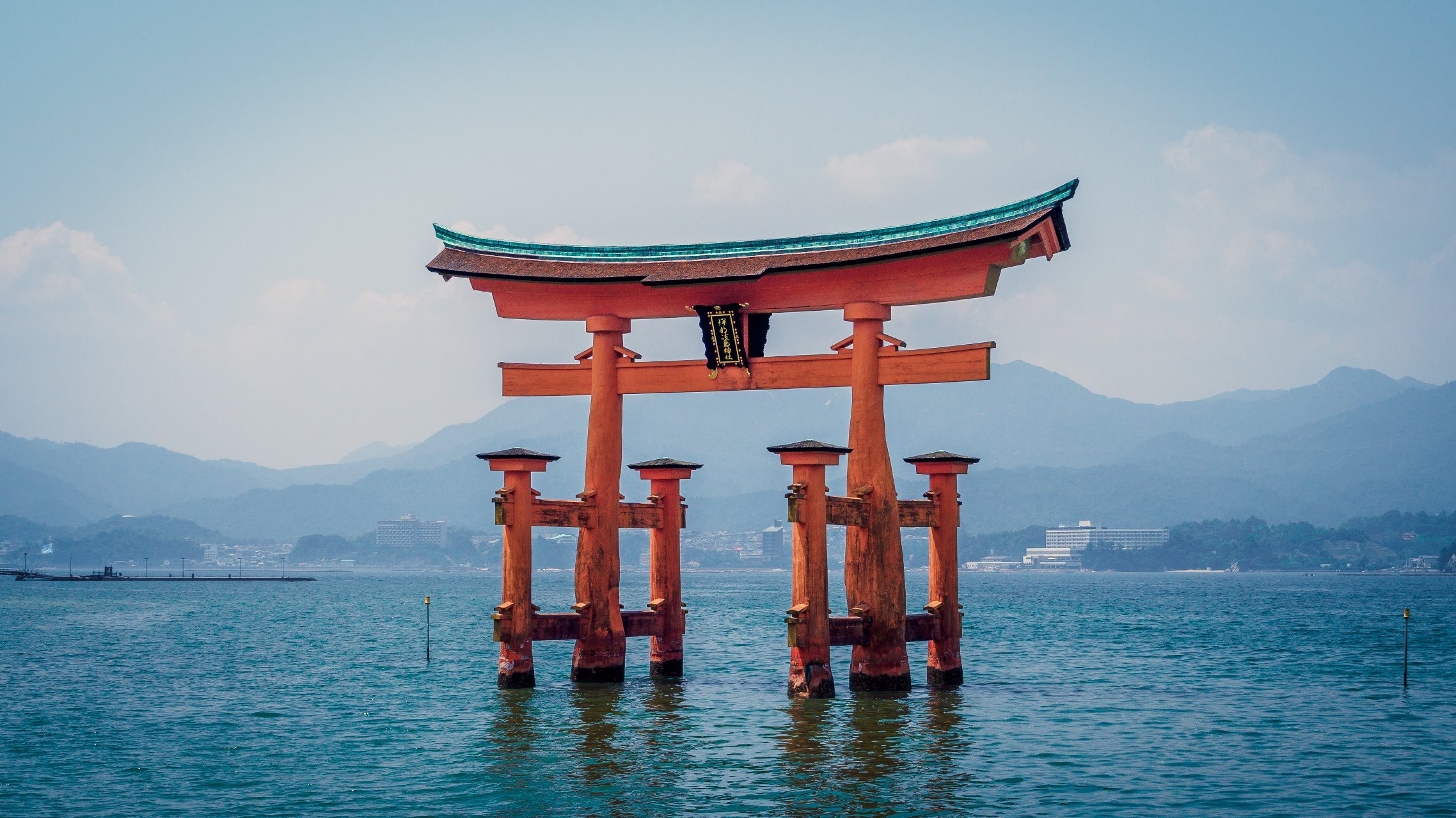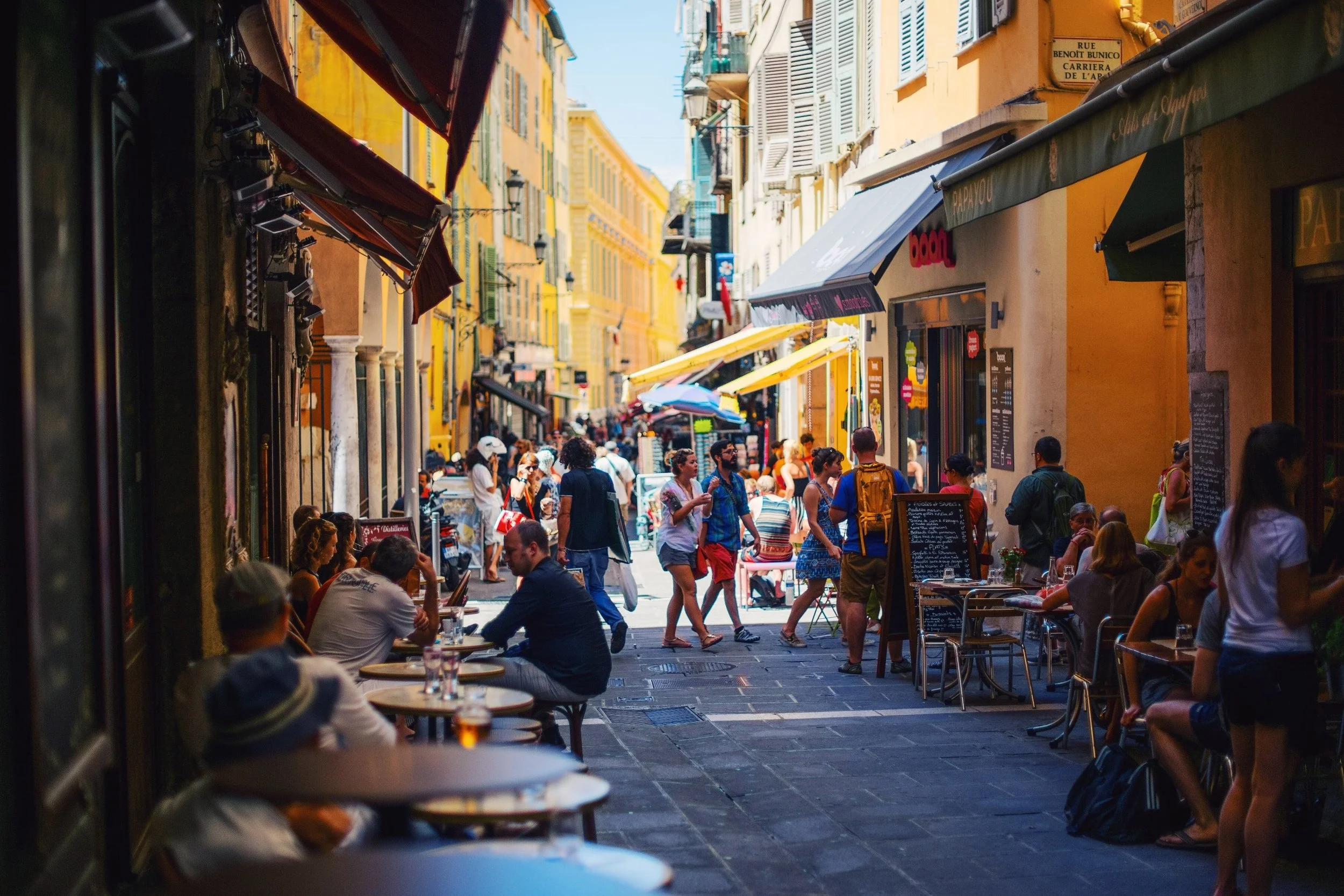5 Foreign Words That Perfectly Describe Travel
Have you ever attempted to describe a certain feeling or experience to another person, only to find that words failed to convey the true magnitude or meaning?
For instance, it can be hard to put into words what it’s like to stroll down a bustling street in Tokyo at night, or to watch the sun rise from a mountain peak in Patagonia. In many ways, it’s something each person has to experience for themselves to truly understand.
After all, while the English language is highly complex, it still has its limits. Fortunately, there are hundreds of other languages from around the globe that can beautifully describe those moments and emotions when English falls short.
We’re particularly fond of kaif - a Ukrainian slang word with Arabic origins that means “intense bliss or emotion.” Kaif is that extreme feeling of joy you get when you gaze upon a stunning landscape or connect deeply with a new culture.
Below are five more of our favorite foreign words that perfectly describe what it’s like to experience the world as a traveler.
1. Depaysement (Noun, French)
Depaysement is no doubt one of the most relatable feelings for all travelers. How so? This French noun actually means “the feeling of being a foreigner” or “the feeling of being in a place that’s foreign or unfamiliar.”
While there’s no word-for-word English translation, depaysement most closely resembles the word “disorientation.”
That said, it’s not meant to describe a feeling that’s inherently bad or good. On one hand, depaysement can correlate with feeling overwhelmed, like a fish out of water. At the same time, it can also describe the feeling of pushing your boundaries and expanding your horizons through new and exciting experiences.
2. Ramé (Adjective, Balinese)
Ramé is yet another feeling that almost all travelers can relate to at one point or another. Balinese in origin, ramé is used to describe something that is simultaneously chaotic and joyful.
For a visual example, imagine a market street in a foreign country: crowded, bustling, and disorderly...but decidedly delightful, too.
Colorful festivals, lively concerts, and busy city streets can all be ramé - and that’s exactly how the Balinese like it.
3. Datsuzoku (Noun, Japanese)
We all need an escape from our ordinary daily routines every now and then, and that escape is exactly what datsuzoku describes. The word datsuzoku hails from the Zen philosophy of Japanese aesthetics, which states that there are seven principles for achieving Wabi-Sabi (a worldview centered around the acceptance of transience and imperfection).
Datsuzoku - which roughly translates to “free” or “unbounded” - is one of those principles.
Both in design and in life, datsuzoku means breaking free from the mold and transcending the norm by shedding all convention, habits, and boundaries. Ultimately, datsuzoku represents a state of freedom and escape from monotony...and isn’t that exactly what travel is all about?
4. Voorpret (Noun, Dutch)
Try to remember a time that you were looking forward to something fun, like a special celebration or an adventurous getaway. In those moments leading up to that event, it’s likely that you experienced feelings of happiness or enjoyment...even though the actual event hadn’t take place yet.
That feeling is voorpret, a Dutch word that loosely translates to “pre-fun.” Voorpret is more than just anticipation; it’s a unique type of pleasure derived from that period of time before a fun event or activity.
From that moment just before you board the plane to the time spent getting ready for an elegant dinner in a foreign city, voorpret is a feeling that often goes hand-in-hand with travel.
5. Shemomedjamo (Noun, Georgian)
Yes, this word is quite a mouthful...which is a bit ironic literal (many thanks to one of our readers for pointing out this distinction), given its meaning! Shemomedjamo is a Georgian word that means “the feeling of eating beyond the point of being full, because the food just tastes too good.”
It’s safe to say shemomedjamo is a feeling most travelers have experienced at some point during their journeys, whether it’s from overindulging in pasta in Italy or ordering one too many dumplings in China.
As a traveler, can you relate to these feelings? Which foreign word is your favorite?









